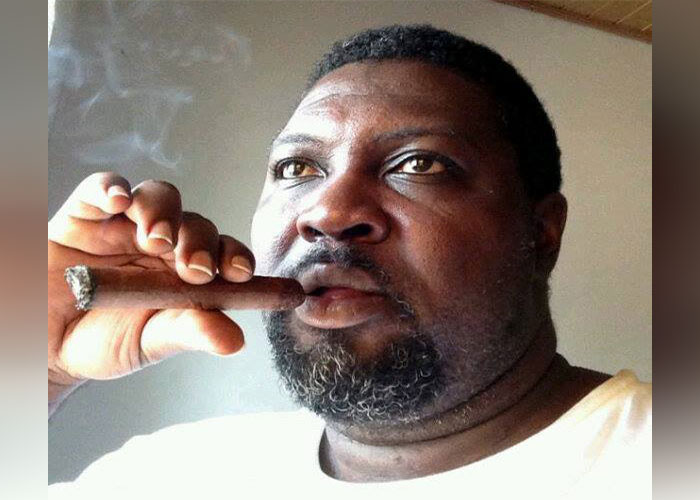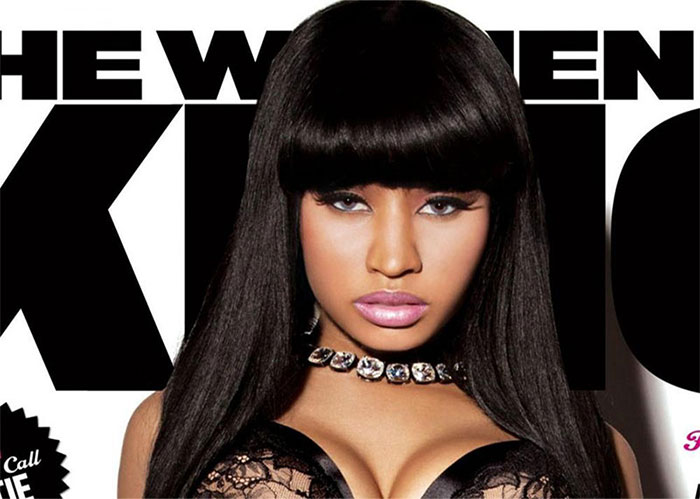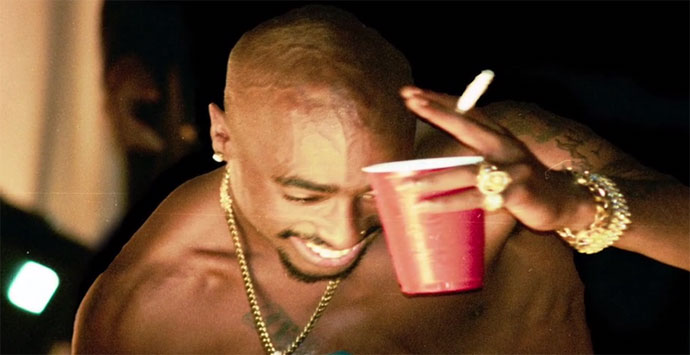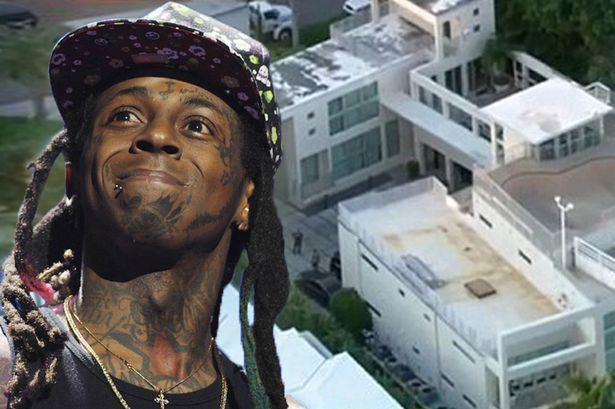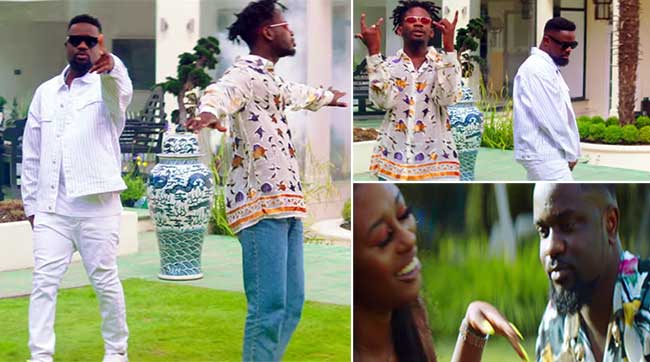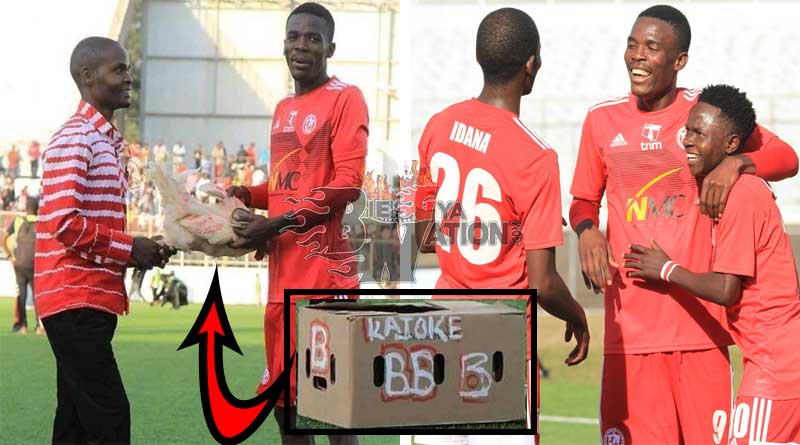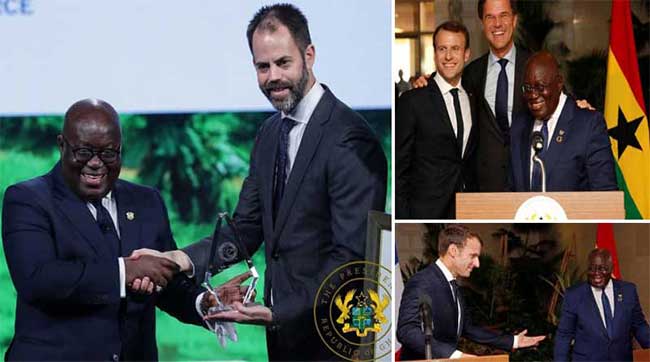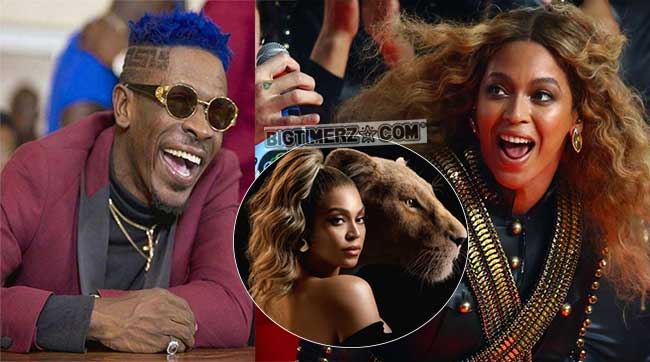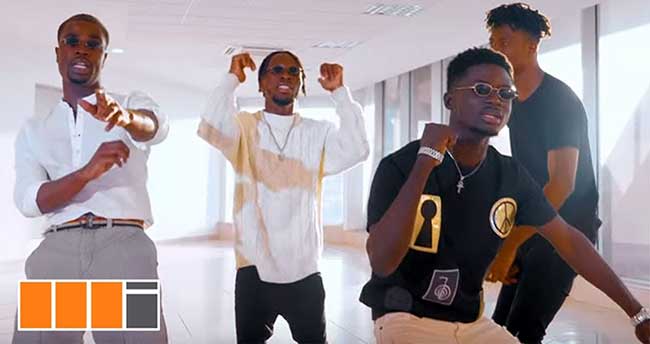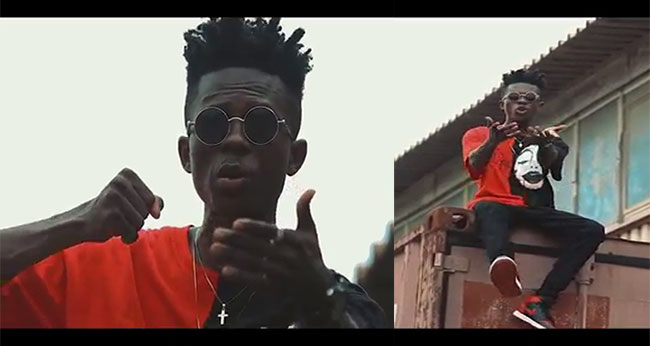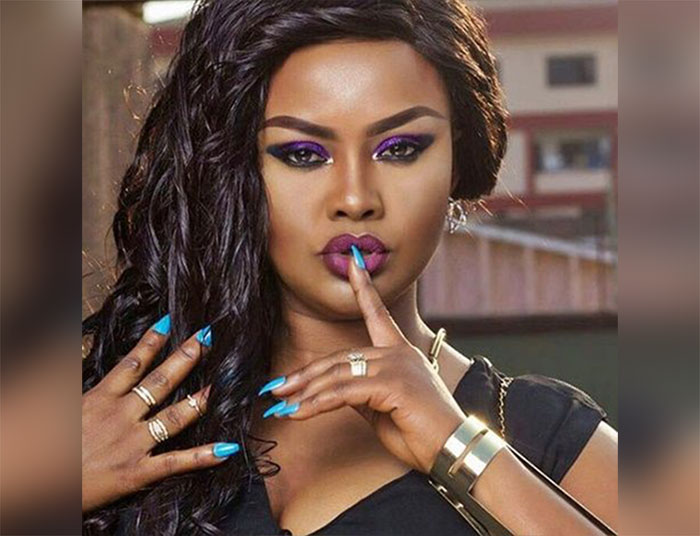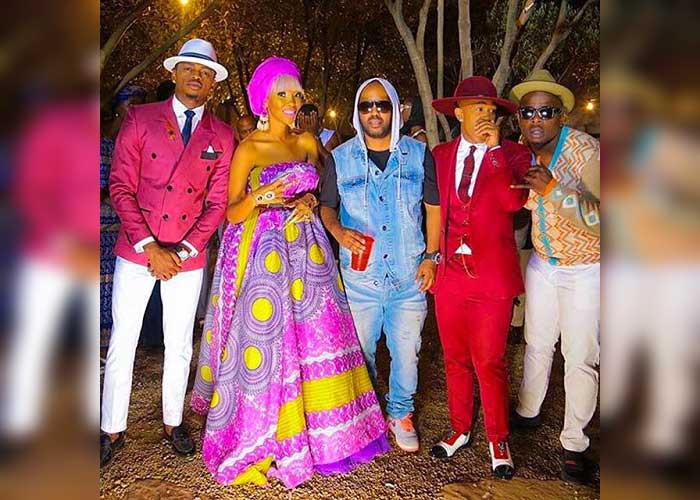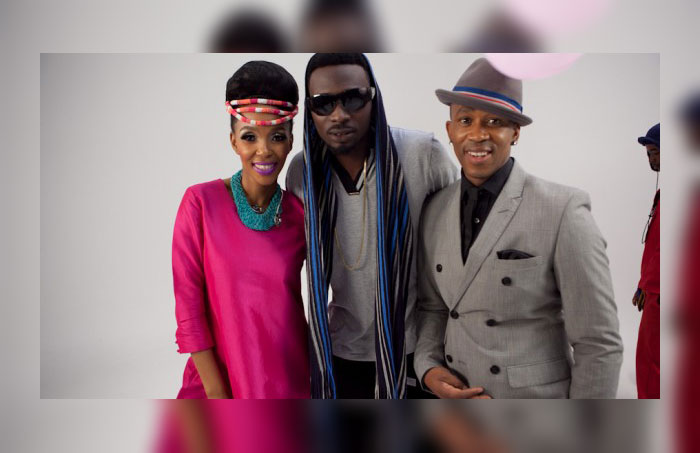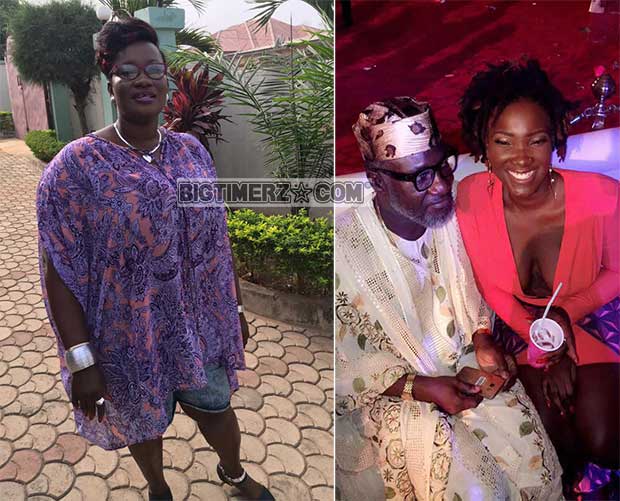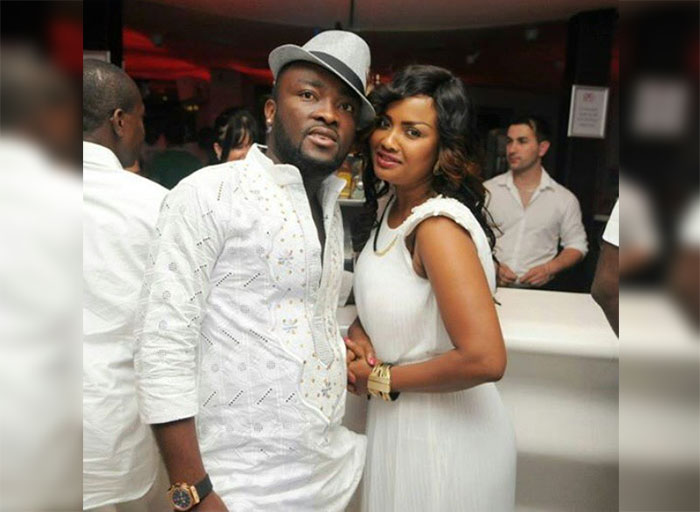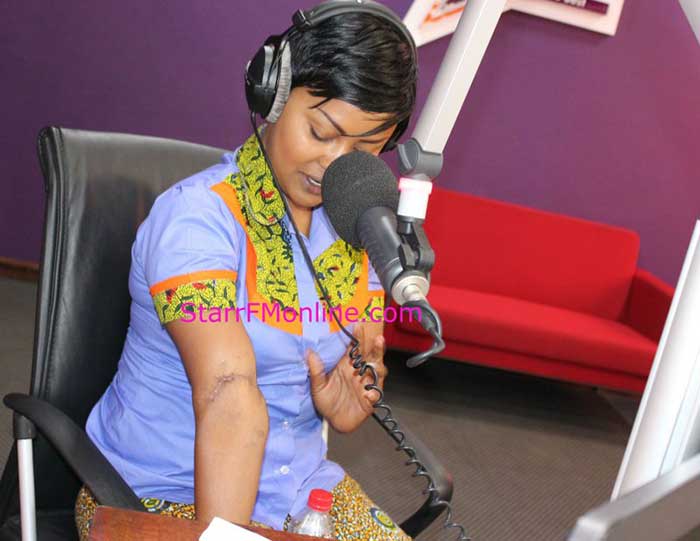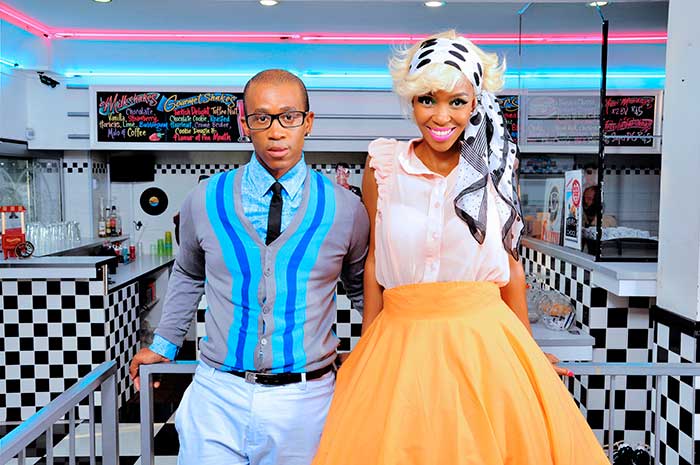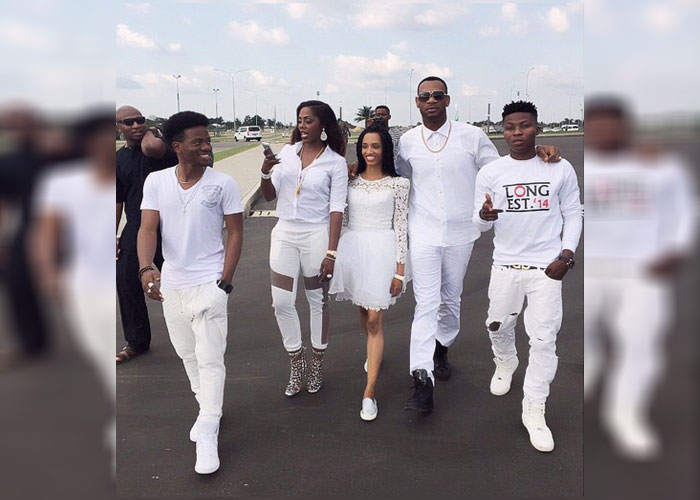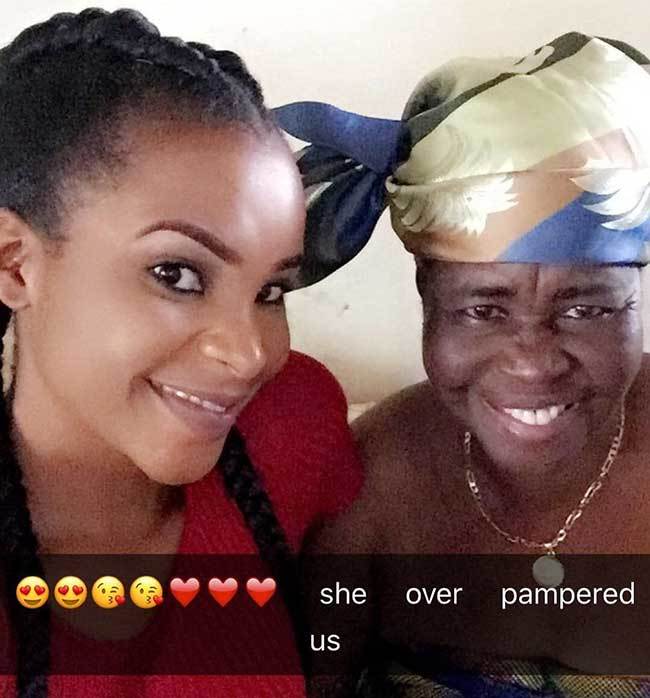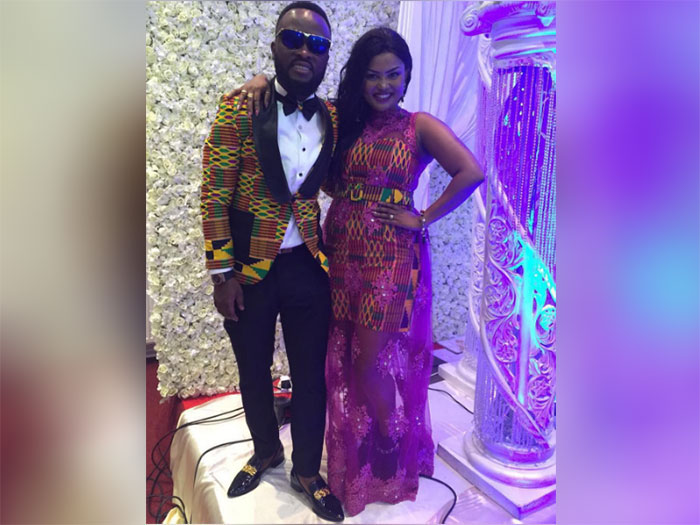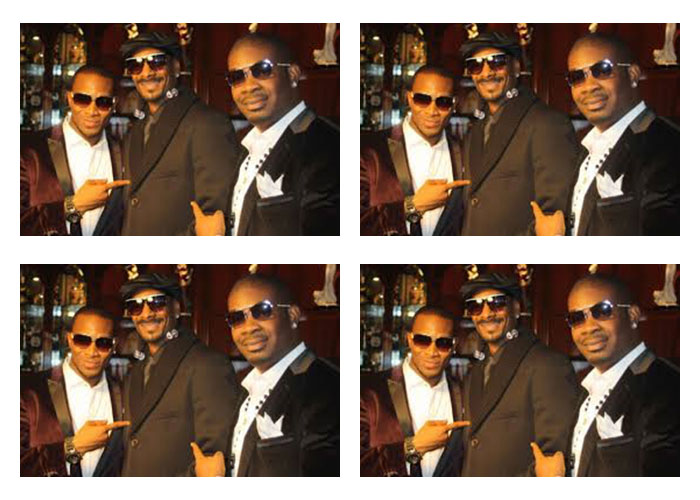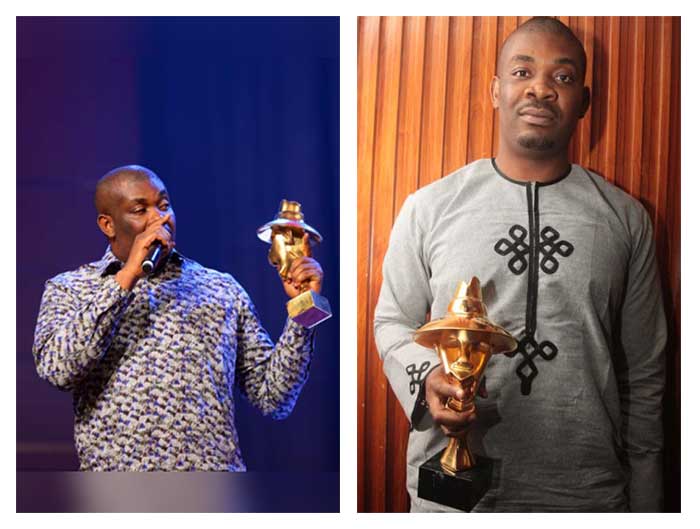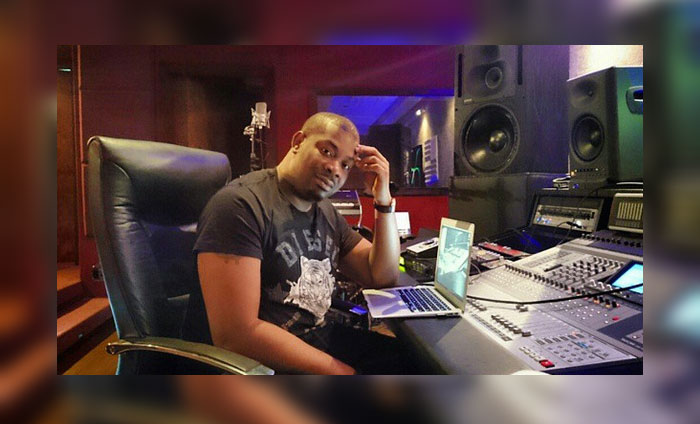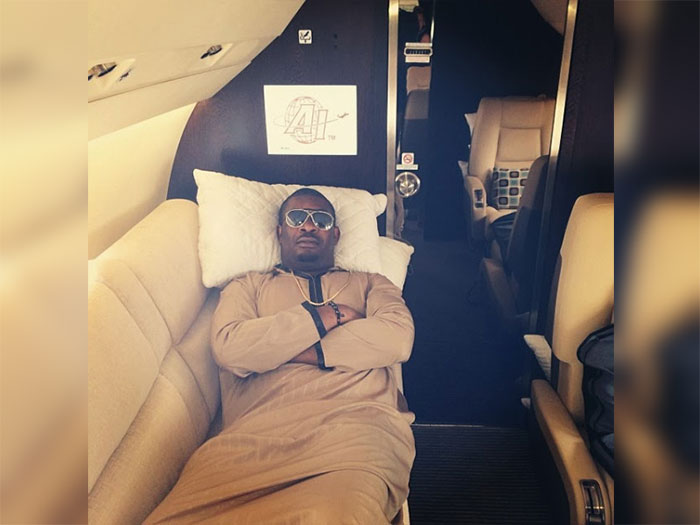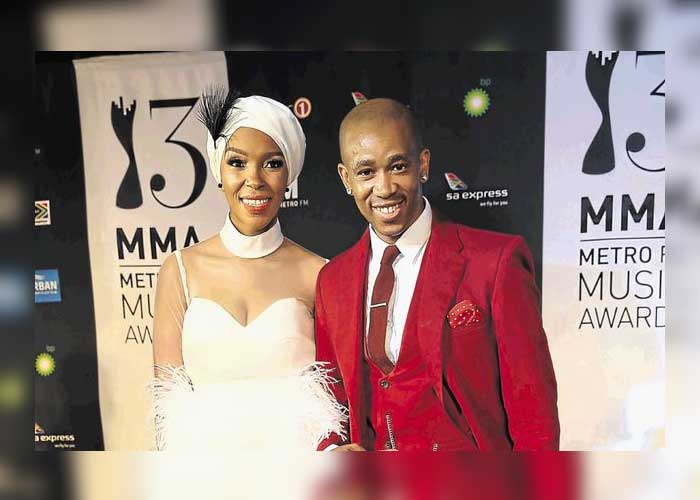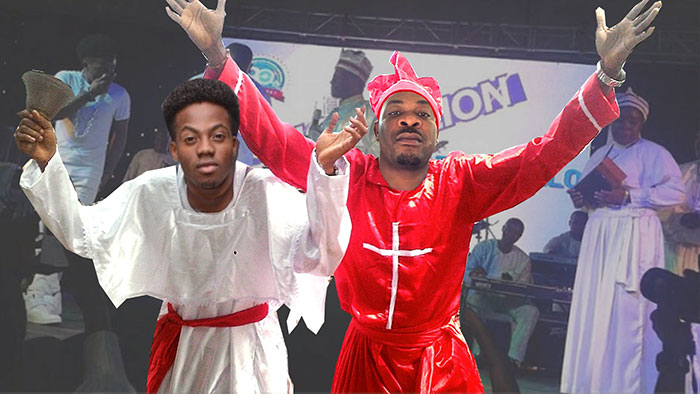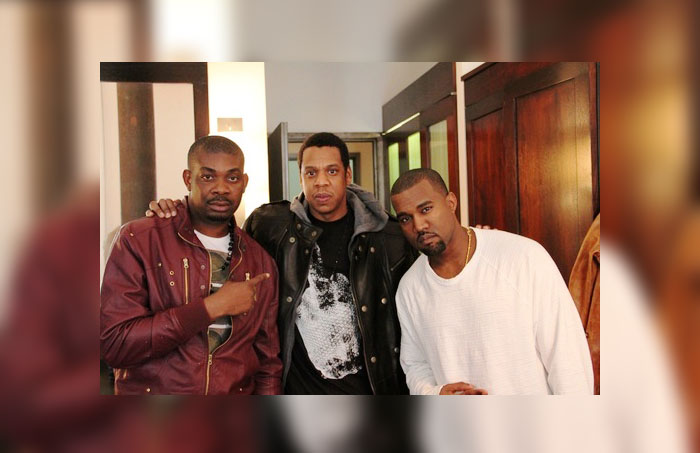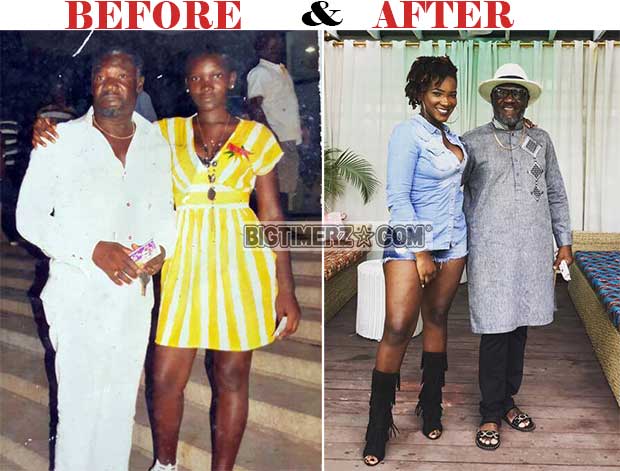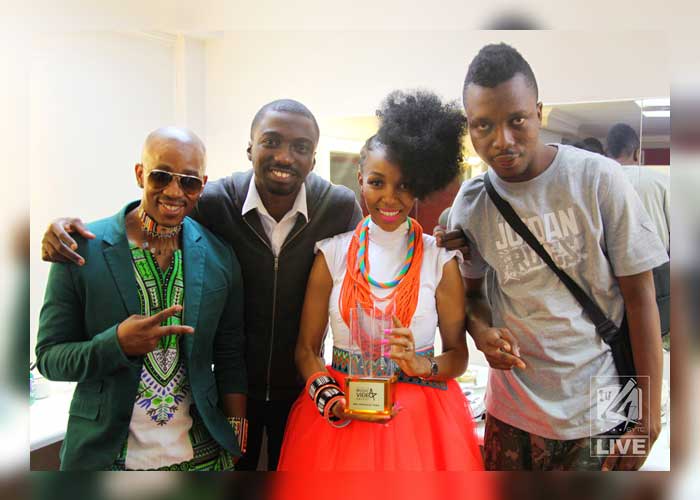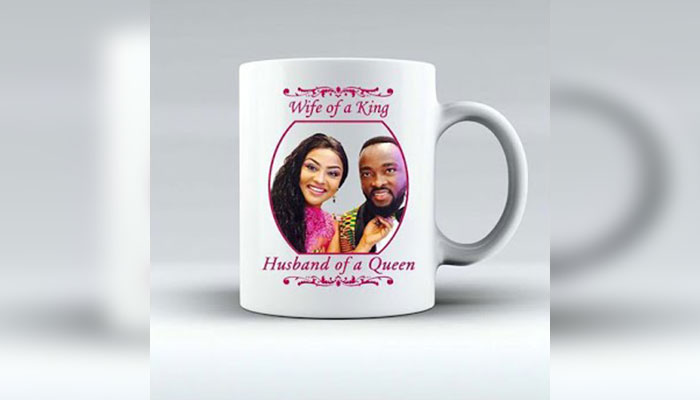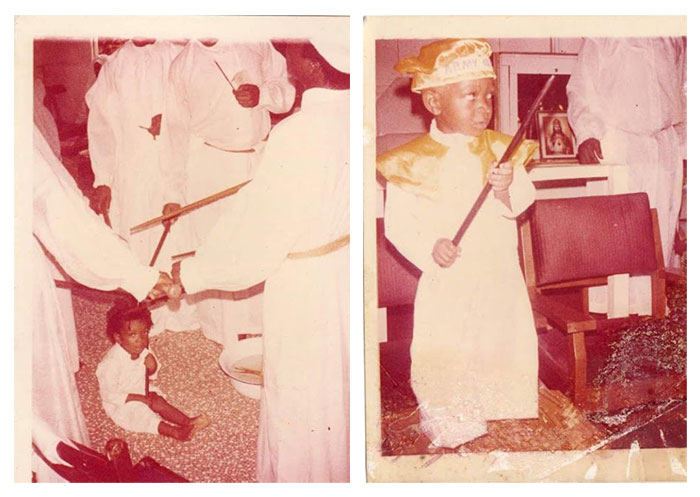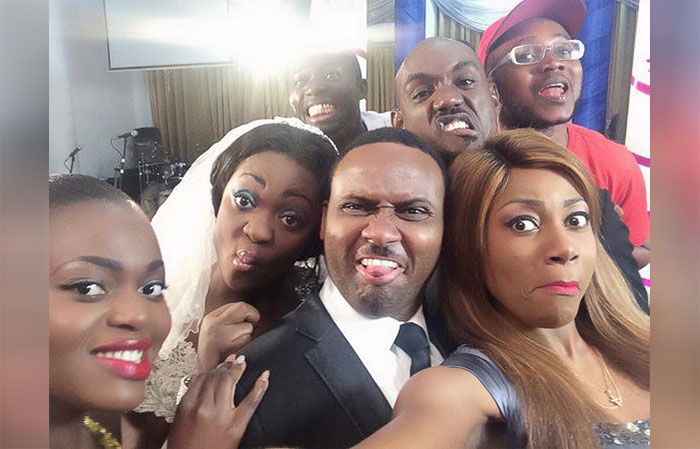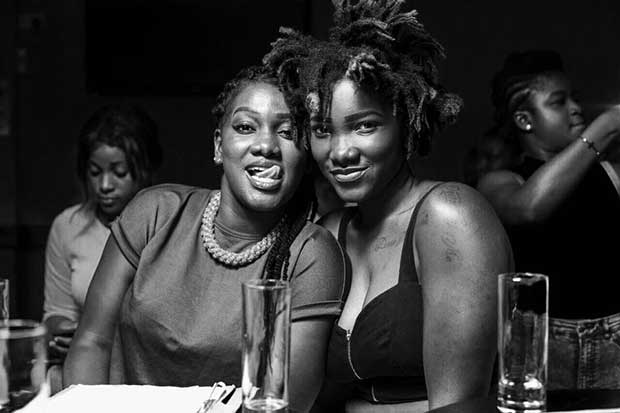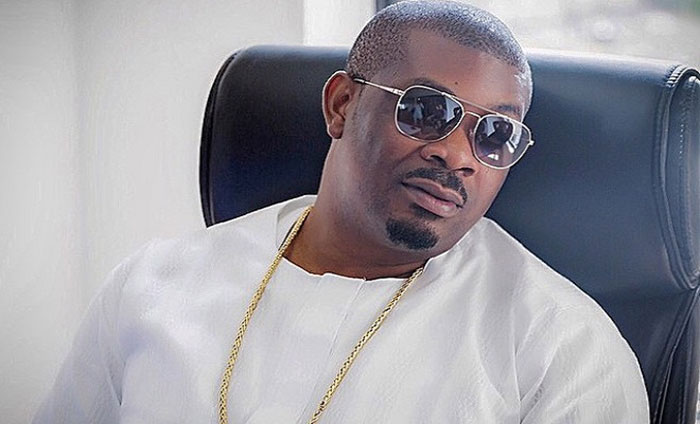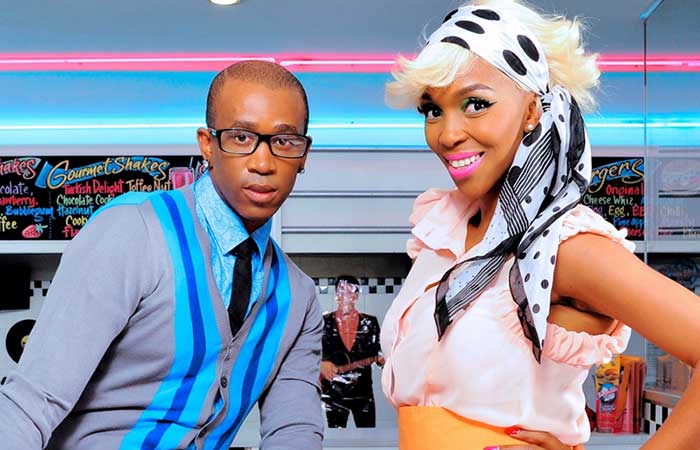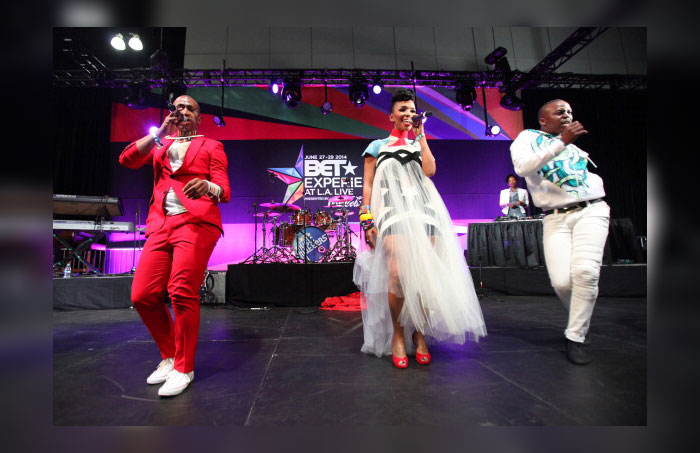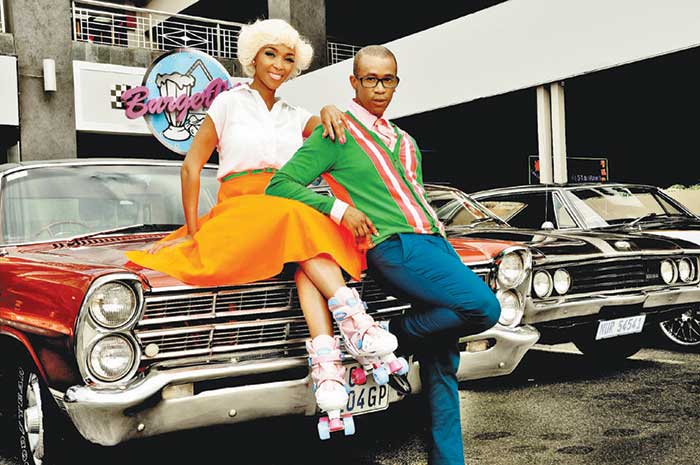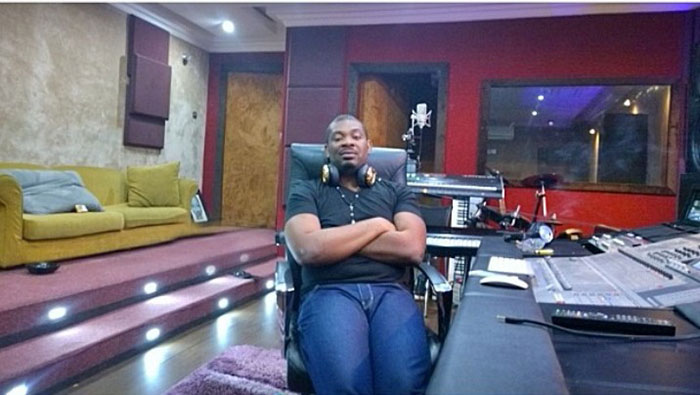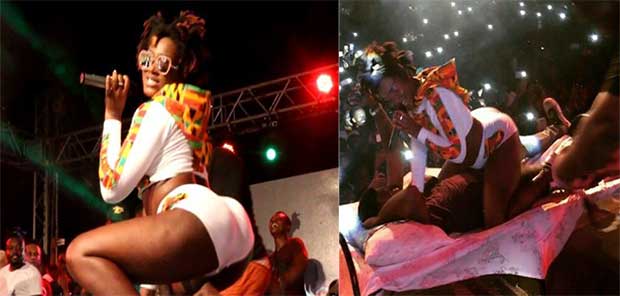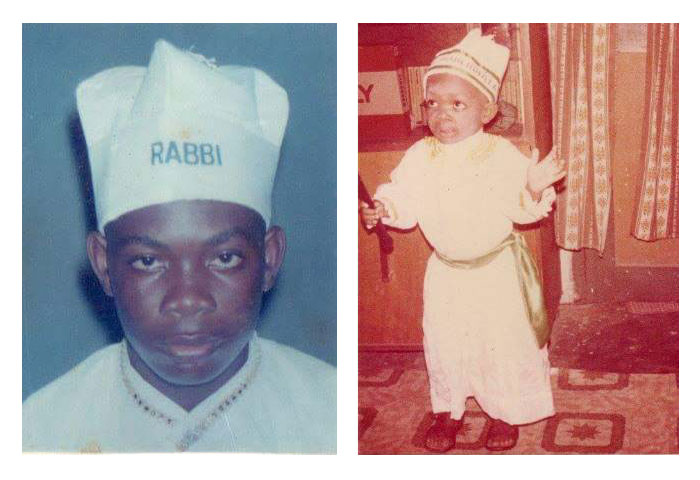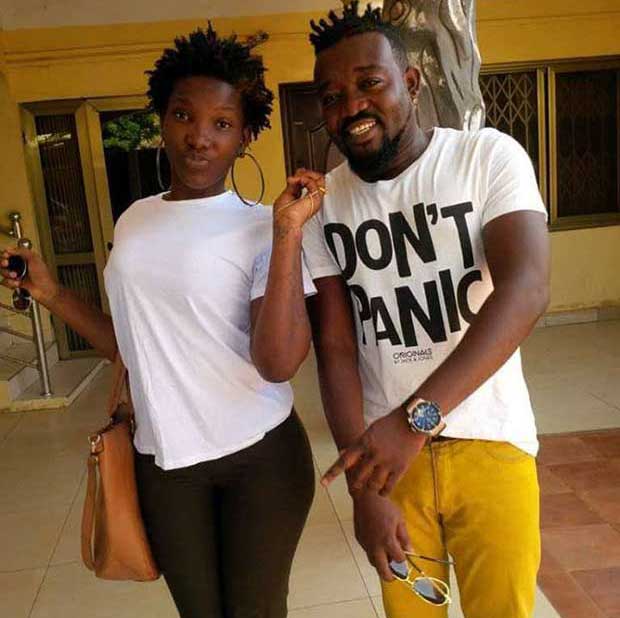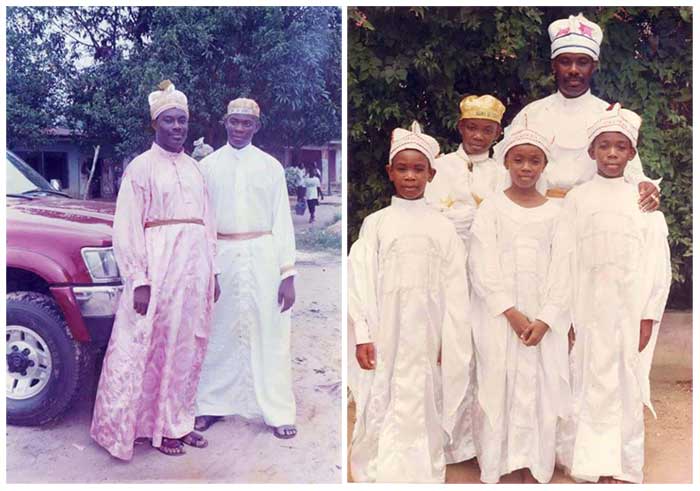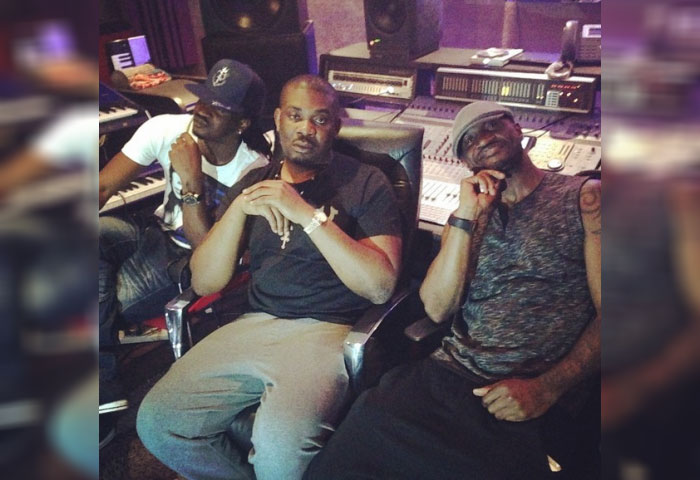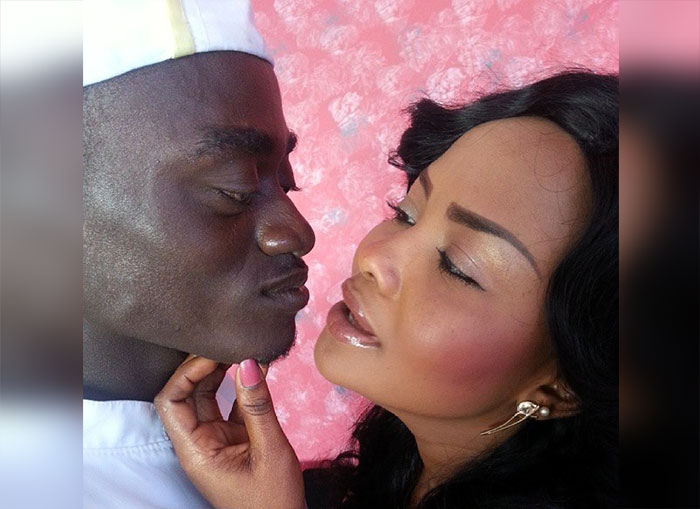Entertainment News

- Super User
- Category: Entertainment
- Sunday, 12 October 2014 12:55
Afrika Bambaataa: The man who invented the hip-hop you love today...
For the die-hard lovers of Hip Hop (a music genre and a culture/movement) who have never known how it all started, here is all that you need to know about the man (Africa Bambaataa) who's widely credited with starting the Hip Hop culture you love today. Just read on and you'll never stop loving it!!!
It's about an hour past lunchtime, and the man who invented hip-hop is nowhere to be found. The restaurant on Lenox Avenue where we'd planned to meet is closed–and has been for two weeks, according to a passerby. A call from a publicist is even less reassuring. "You'll know him," she says, "when you see him."
Five minutes later, a blue SUV pulls up, and a large bearded man hops out. He ambles over and shakes my hand, his formidable frame draped in a baggy black sweat suit and topped with a cap that says "Zulu Kemetic Muurs." He smells faintly of peppermint. "Closed," he muses, considering the restaurant. Without another word, he sets off in search of a new eatery.
Such is the way of Afrika Bambaataa. When you're the man credited with founding hip-hop–and an accompanying philosophical movement–formal introductions aren't necessary.
"Afrika Bambaataa basically is The One," says Jeff Chang, hip-hop historian and author of the book Can't Stop Won't Stop. "Kool Herc, Grandmaster Flash and Bambaataa are the Holy Trinity of hip-hop. Bambaataa's role was carrying the gospel of hip-hop first downtown to white audiences, then to the rest of the world."
Though Bambaataa planted the seeds that blossomed into the unfathomable wealth of today's hip-hop cash kings, he eschews bling in favor of a lifestyle suited toward an urban nomad. With a home base still in the Bronx–"the Brewnx," as he calls it–he roves the planet as a sort of deejay-emeritus, giving concerts and speeches from New York to New Zealand. He's not one to downplay his status.
"I was called the godfather of hip-hop culture last millennium, and I was pushed up and honored and moved into a god status," he says. "They call me the Amen Ra of universal hip-hop culture this millennium."
The origins of Afrika Bambaataa are unclear, and he offers few clues. He may have just funked his way into the universe, conceived by the holy spirit of rhythm and birthed by an earthly mother. He looks to be about 50 years old, which would place his birth year somewhere in the late 1950s or early 1960s. He came of age in the smoldering South Bronx during the 1970s and used his charisma to rise to the rank of warlord in a local gang called the Black Spades.
After traveling to Africa during that period, he decided to borrow a motto from an earlier decade: wage love, not war. Specifically, Bambaataa decided to use his influence to turn the Black Spades into a peaceful organization called the Zulu Nation.
"Bambaataa had this vision of hip-hop as a force for social change," says Chang. "He had the history and street credibility to make this narrative acceptable to even the hardest of hard-heads ... He was the guy who articulated that hip-hop could be a cultural movement."
In 1977, Bambaataa started throwing block parties where he'd preach the four elements of the newly coined hip-hop movement–deejaying, painting graffiti, emceeing (rapping) and b-boying (break dancing)–and soon added a fifth: knowledge. People started to listen. Five years later, he and other hip-hop luminaries like DJ Kool Herc, Grandmaster Flash and Fab Five Freddy had taken hip-hop across the Harlem River to Manhattan, where it mingled with the post-jazz and proto-punk music floating around Greenwich Village.
By the mid-1980s, Bambaataa had become hip-hop's Johnny Appleseed. Spinning long, decadent mixes of pop, funk and anything else he could get his hands on, he brought the genre's first tremors to European clubs.
"People were going crazy," he recalls. "At that time, people didn't hear long records–the only people that made long, tight records was in the '60s like Sly and the Family Stone, Traffic and groups like that." While deejaying a show in France, Bambaataa inspired MC Solaar, who is now France's answer to Jay-Z. Bambaataa also set up branches of his Zulu Nation in countries from Germany to South Korea.
Today, the philosophy of Bambaataa's Zulu Nation feels like an improbable cross between Garveyism and Buddhism, with some Islam and Rastafarianism thrown in for good measure.
"Everybody needs to show respect to each others' ways and the cultural life that you get on this planet," he says. "Don't get caught up on 'I'm brown, black, white, red, blue, whatever.' You gotta ask, what were you called before 1492? All these names we're using now are just an illusion made to keep us fighting each other."
Bambaataa has made a habit of trotting the globe in defense of indigenous peoples' rights. He's mediated conflicts in Brazil, Australia and others. He says he's even been invited to Antarctica, though it seems his services might not be necessary there. Murky as his precise movements may be, there's one thing that's very clear: Afrika Bambaataa really doesn't care about making money.
"You want to buy cars and houses and castles, all of that's on you and how America has systematized your mind to be into materialism," he says. "Hip-hop ain't got nothing to do with that. I'm glad that anybody making money has picked themselves up–I just want them to give some of it back to the community."
He holds no resentment toward the rappers who've made millions off the genre of music he spawned. Bambaataa enjoys some of the music being made by today's hip-hop cash kings. "I like Akon, I like some of Lil Wayne when he uses that funky voice," he says. "Anything progressive."
His only requests: Respect your elders. Keep an open mind about music. "House, rap, R&B, disco rock, they are all part of hip-hop culture," he says. "Why you ain't playing Kraftwerk along with Jay-Z? That's hip-hop."
By: Zack O'Malley Greenburg
Additional reporting by Zachary Fuhrer.
Click here for the SOURCE: Forbes




